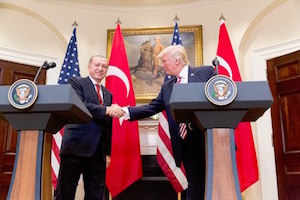Turkey's Toxic Mix: Fear, Loathing and the Empowerment of Paranoia
By Gareth H. Jenkins
January 22, 2018
The combination of the growing sense of empowerment amongst supporters of the Turkish government and the recent proliferation of reports that they are arming and organizing has reinforced concerns about not only the rule of law but also the risk that the country’s already severe social tensions may lead to communal violence.
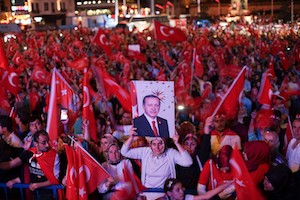
New Turkey: Neo-nationalist or the reincarnation of the "Old"?
By Cengiz Candar
December 20, 2017
The roots of President Recep Tayyip Erdoğan’s “New Turkey” can be found in the decades that preceded the foundation of the Turkish republic. The ultranationalist Young Turks who ruled the Ottoman Empire during its final years – with catastrophic consequences – have extended their tentacles into the present. To preserve his power, Erdoğan has made a Faustian deal with their incarnations.
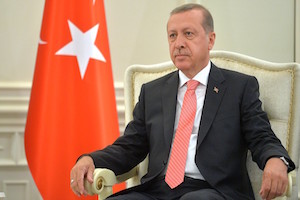
Living on Different Planets: Washington, Ankara and the Zarrab Case
By Svante E. Cornell and Halil Karaveli
December 6, 2017
Reza Zarrab’s testimony in early December to a New York court was hardly helpful in breaking the impasse in Turkish-American relations. By implicating Turkish President Recep Tayyip Erdogan directly in the oil-for-gold trade that is the subject of the trial, Zarrab may have contributed to a new low in the fraught alliance. However, the case is symptomatic of the fact that Turks and Americans lack basic trust. It also illustrates that they are now on completely different frequencies. The Zarrab case means entirely different things to Turks and Americans, and this disconnect risks contributing to a break that neither party may actually want.
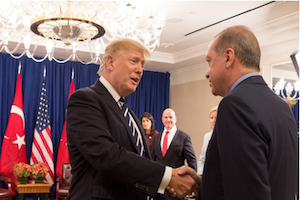
Between Pressure and Paranoia: No Easy Answers for US-Turkish Relations
By Nicholas Danforth
November 8, 2017
In both the United States Congress and Executive Branch, previous efforts to assuage Turkish President Recep Tayyip Erdoğan’s anti-American anger are increasingly being seen as a form of appeasement. However, the risk is that Erdoğan’s paranoid view of American intentions could prevent Ankara from responding rationally to the pressures of the United States. Matters are complicated by what appears to be the Turkish president’s genuine belief that the United States is seeking to depose him.
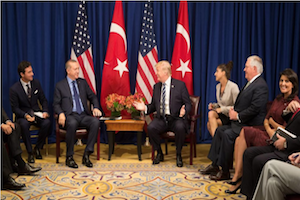
Turkey and the West: How Bad is it?
By Suat Kınıklıoğlu
October 13, 2017
The U.S. suspension of visa services in Turkey is an indication of the depth of the fissures between the West and Turkey. While Turkish bureaucrats are trying to maintain functioning relations with the West, there are growing calls in Washington, Ankara and Berlin to redefine Turkey policy. Is Turkey headed for an incremental divorce with the West?
